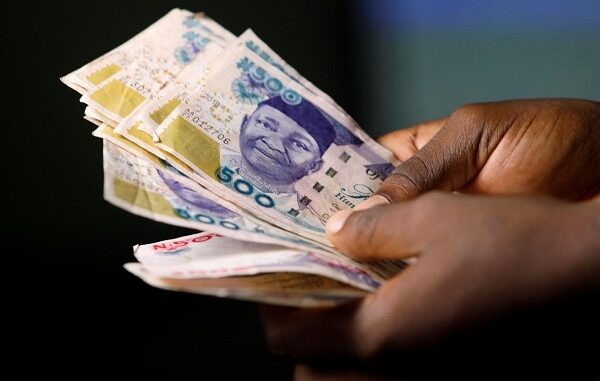
Currency devaluation was pointed as the reason behind ditching Nigeria’s economy which fell to the fourth place in the list of Africa’s largest economies, while South Africa took top position unseating Egypt, according to an IMF report.
Nigeria’s GDP fell to 253 billion dollars, while Egypt- which topped African economies in 2023- reported a $348 billion GDP, outperformed by South Africa with $373 billion.
Two devaluations left Nigeria’s Naira currency 50% weaker against the greenback than what it was prior to President Bola Tinubu’s election.
Nigeria is struggling with a record amount of government debt, high unemployment, and power shortages that have contributed to years of anemic economic growth. Oil output is shrinking, and rampant insecurity means swathes of the countryside are outside government control.
The IMF had been calling for a flexible currency regime for many months and the multilateral lender rewarded Egypt’s government by almost tripling the size of a loan program first approved in 2022 to $8 billion. This was a catalyst for a further influx of around $14 billion in financial support from the European Union and the World Bank.
